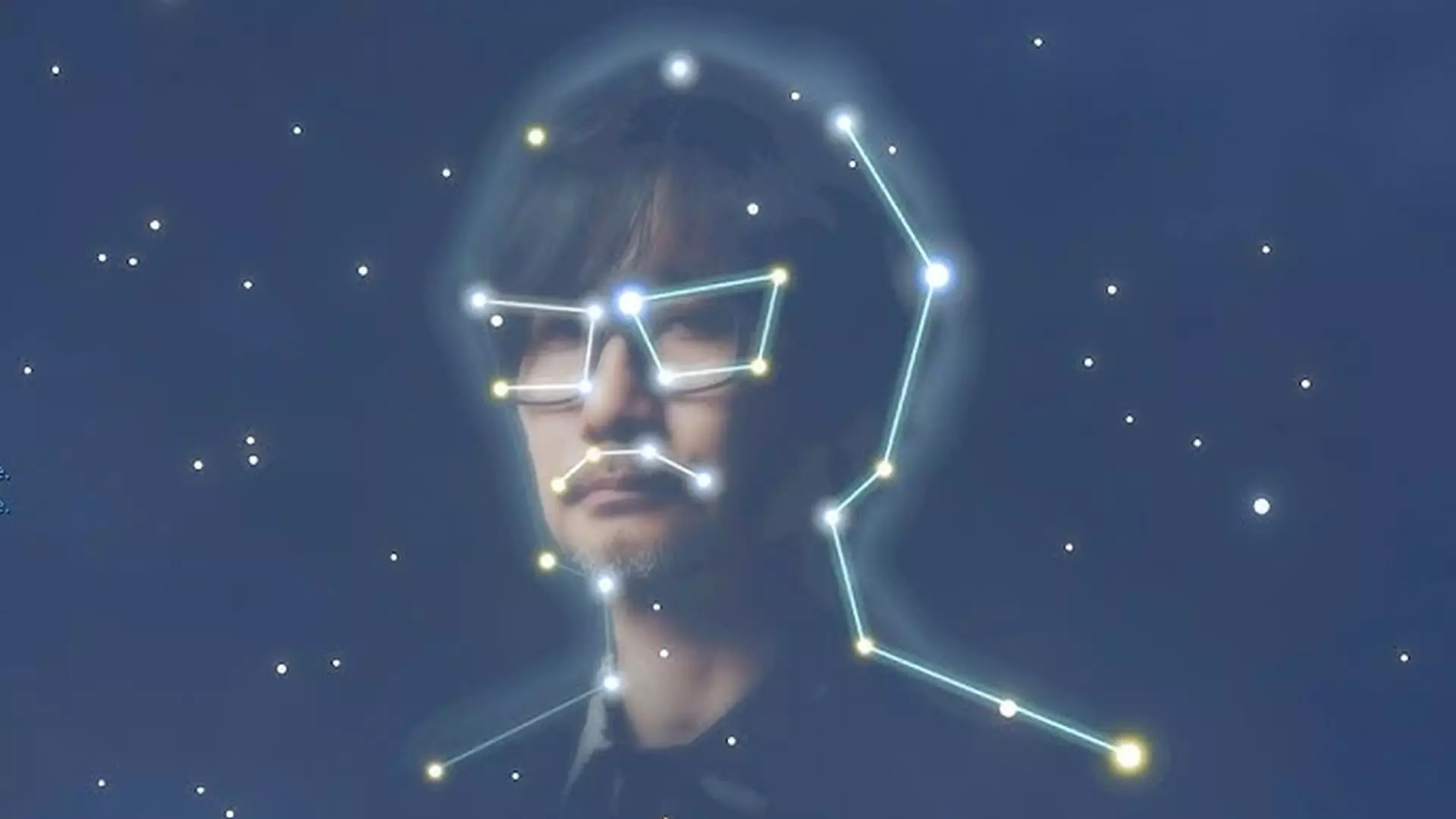Hideo Kojima’s recent declaration of his desire to venture into space reveals not only a whimsical curiosity but also a profound yearning to transcend the ordinary. His words, echoing a typical dream of many, carry an undercurrent of the human tendency to seek the extraordinary—sometimes without fully grasping the cost. In Kojima’s case, the desire seems to be fueled by a combination of fascination with the cosmos and an innate drive to push artistic boundaries. While this ambition might seem inspiring on the surface, it warrants deeper scrutiny. Should the dream of an artist or creator be allowed to push beyond the limits of human safety and sanity? Absolutely not. The universe’s vastness teems with wonder, but also with insurmountable dangers, and the psychological toll experienced by those who have looked upon it firsthand should serve as cautionary tales.
The Illusion of Cosmic Euphoria and Its Hidden Wrath
History offers a sobering perspective on the so-called “Overview Effect”—the shift in worldview reported by astronauts after witnessing Earth from space. William Shatner’s candid reflection paints a vivid picture: the beauty of our planet contrasted sharply with the cold, vast emptiness of space, instilling feelings of grief, dread, and profound responsibility. Such revelations are not trivial; they are upheavals at the core of one’s psyche. For a creative mind like Kojima’s—whose storytelling often explores existential themes and surreal narratives—the psychological impact could be even more destabilizing. The risk isn’t merely physical; it’s mental and spiritual. Lounging at the precipice of cosmic insignificance could shatter even the most resilient artistic ego, leaving behind a fractured psyche incapable of producing coherent art or rational thought.
Artistry and Insanity: The Fine Line Kojima Would Tread
Kojima’s body of work is characterized by complex, layered storytelling—a tapestry of symbolism, cryptic messages, and visionary scenarios. While this creative versatility is celebrated, it also raises concern about how an extraterrestrial experience might alter his mental landscape. If past instances are any indication, exposure to the universe’s unyielding vastness could ignite an internal chaos that spills over into his art, making his narratives even more labyrinthine and disorienting. The boundary between visionary genius and madness is razor-thin. The risk that Kojima’s mental health might suffer beyond repair is not just speculative; it’s rooted in the experiences of others who have ventured beyond Earth’s protective atmosphere and returned changed—some irrevocably so. To send Kojima into space with all his creative and psychological vulnerabilities feels akin to opening Pandora’s box, with unpredictable consequences.
Ethical and Practical Dilemmas of Sending Creatives into Space
Beyond personal risk, the idea of sending a person like Kojima to space raises ethical questions. Is it justifiable to impose such danger on someone based purely on their curiosity and ambition? The commercialization of space, epitomized by the recent trend of billionaire space flights, often seems more about spectacle than responsibility. Allowing a visionary artist like Kojima to participate in this reckless trend could be a grave mistake—one that could have lasting repercussions on his mental health and artistic integrity. Power and privilege do not exempt one from the natural laws and psychological consequences inherent in space travel. It’s imperative that we consider whether the cultural value of such a journey outweighs the potential tragedy of a creative mind being permanently damaged.
The allure of space has always been a double-edged sword. On one hand, it beckons us to explore the unknown and expand our horizons. On the other, it threatens to unearth profound trauma and insanity. For visionary artists like Kojima, whose genius already walks a delicate line, the universe’s temptations could prove devastating. Instead of risking his well-being for a fleeting thrill or an unattainable dream, it would be far wiser to channel our collective curiosity into exploring the cosmos through the safety of telescopes, simulations, and art—ways that preserve the human mind and spirit. Space is mesmerizing, yes, but it is not a playground for the mentally fragile. If history teaches us anything, it’s that some boundaries are better left uncrossed—especially when crossing them could lead to irreparable harm.

